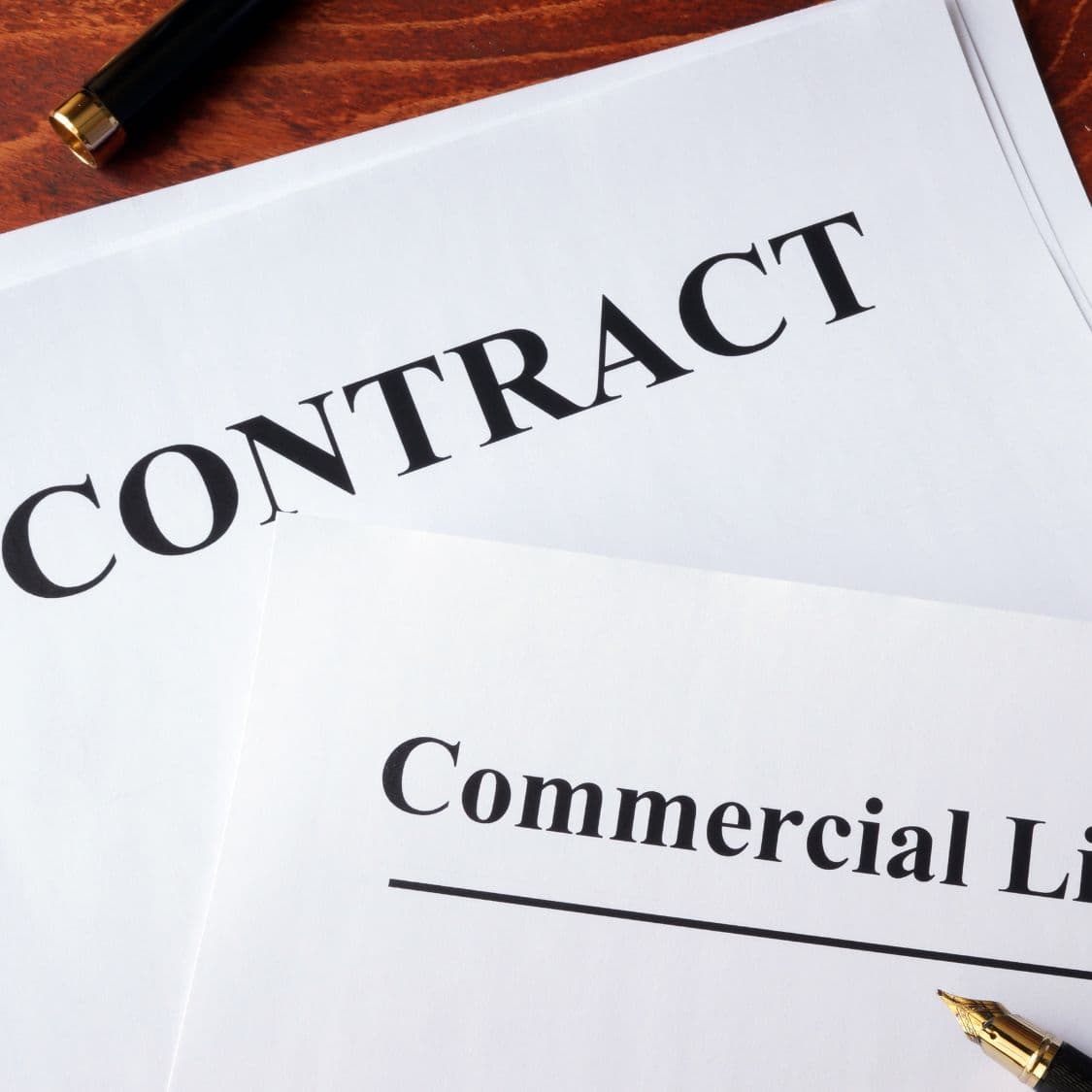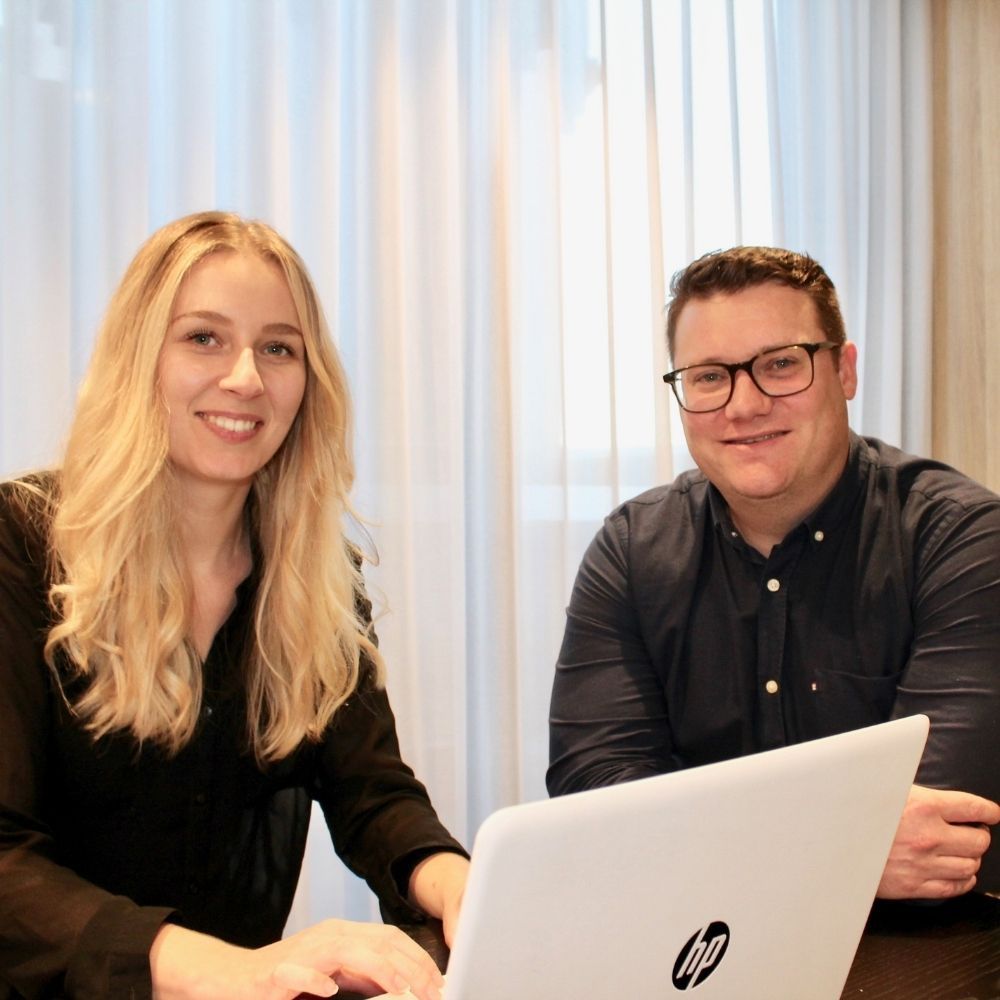
Commercial litigation lawyers Sydney
 You can find our commercial litigation lawyers in Sydney at: 801, Level 8/100 William St, Woolloomooloo NSW 2011 (view in Google Maps).
You can find our commercial litigation lawyers in Sydney at: 801, Level 8/100 William St, Woolloomooloo NSW 2011 (view in Google Maps).
Commercial litigation lawyers Sydney
Our commercial litigation lawyers provide essential assistance in resolving legal disputes related to commercial activities, from contract issues to partnership disagreements. We offer strategic advice, aiming to resolve conflicts efficiently and protect your company’s interests.
- Our services include negotiations, court representations, and risk management to ensure seamless business operations.
- We help in preventing litigation, minimising financial risks, and safeguarding your legal rights.
We have a highly effective team of commercial litigation lawyers who pride themselves on a practical and no-nonsense approach to assist you in resolving legal disputes. Contact us today for a no-obligation free quote.

We provide customised legal guidance and are focused on providing the right solutions to your commercial litigation legal issues.
Our experience
Progressive Legal are experts in commercial litigation, deeply understanding the unique challenges clients face across various industries.
- We commit to fiercely defending your interests with a smart, well-planned approach.
- Recognising that litigation is not always resolved in court, we explore all avenues, including alternative dispute resolution, to find the most commercially favourable outcomes.
- When litigation is unavoidable, our seasoned team is well equipped to navigate the legal and regulatory environment to achieve the best possible results.
Commercial Litigation FAQs
What is commercial litigation?
Commercial litigation is a type of litigation that deals with disputes in the business world, where one party issues proceedings in a court against another party or parties.
It can be anything from a breach of contract to a trademark infringement.
Commercial litigation is often very complex and requires an expert legal team who are skilled in this area.
Given its complexity, it requires a skilled commercial litigation law firm familiar with the nuances of business law.
What is a commercial litigation lawyer?
A commercial litigation lawyer, or a commercial litigator, specialises in resolving disputes arising from business activities.
They handle cases involving contracts, partnerships, intellectual property, and more, offering strategic advice to protect and advance clients’ interests.
These lawyers navigate through negotiations, court proceedings, and alternative dispute resolutions to achieve favourable outcomes, ensuring legal issues are managed efficiently while minimising impact on business operations.
Their role is crucial in safeguarding your legal rights and maintaining your companies commercial health.
What does commercial litigation involve?
Navigating commercial litigation in Australia can be a daunting process, but it’s crucial for protecting your business’s rights and interests. Here’s a break down of the key steps so you’re well-equipped with the knowledge you need:
1. Initial consultation and case evaluation
First, you’ll have an initial consultation with a legal expert specialising in commercial litigation. Here, you’ll discuss the specifics of your case, including the disputes, the particulars of your matter and history, the parties involved, and the desired outcomes.
This step is crucial for laying the groundwork for your case, as it helps your lawyer understand the nuances and recommend the best course of action.
2. Pre-litigation negotiations and mediation
Before diving into the courtroom battle, there’s often an attempt to resolve the matter outside of court. This involves negotiations between the parties, often facilitated by way of legal correspondence (i.e. emails, letters, telephone calls) in an attempt to reach settlement and/or mediation. This is often done on a “Without Prejudice” basis.
Mediation is a structured process where a neutral third party, the mediator, helps both sides reach an agreement. It’s a less formal and often more cost-effective approach than going to trial. Both a lawyer and a barrister are recommended to attend a mediation on your behalf.
3. Filing a claim and serving documents
If pre-litigation efforts don’t lead to a resolution, the next step is to formally initiate the litigation process.
This may involve filing a statement of claim in the relevant court. Once filed, these legal documents must be officially served to the opposing party, notifying them of the legal action and allowing them to respond.
It’s strongly advisable to engage a specialist barrister to assist with the litigation process as they bring a depth of legal expertise and courtroom experience that is invaluable in navigating the complexities of commercial litigation.
4. Discovery and exchange of evidence
A pivotal phase in commercial litigation is discovery, where both parties exchange relevant documents and evidence that support their respective cases.
This stage is critical for building a strong argument, as it uncovers all the facts and information pertinent to the dispute. It’s a time-consuming process but essential for fairness and transparency.
5. Interlocutory proceedings
Before the trial officially begins, there might be preliminary hearings or interlocutory applications.
These are requests made to the court for specific orders or directions, such as injunctions to prevent a party from doing something or orders for further discovery. This phase helps streamline issues and ensure everything is in order for the trial.
6. Trial
The trial is the stage where both parties present their arguments, evidence, and witness testimonies before a judge (and sometimes a jury, depending on the case). It’s the culmination of the litigation process where each side makes their case, and the judge makes a decision based on the evidence and legal principles.
7. Judgment and appeals
After the trial concludes, the judge will deliver a judgment, which includes the decision and the reasons behind it. If one party is dissatisfied with the outcome, they may have the option to appeal the decision, which involves taking the case to a higher court to review the judgment for legal errors.
8. Enforcement of judgment
Once a final judgment is made (and any appeals are concluded), the winning party may need to take steps to enforce the judgment if the losing party does not voluntarily comply. This could involve court orders directing the seizure or sale of assets, for example.
Having the right legal guidance is crucial here. Every case is unique, and the strategy may vary based on the specifics of your dispute.
Our team is here to navigate you through each step, ensuring you’re informed and prepared for what lies ahead. If you’re facing commercial litigation or simply want to learn more about your options, we’re here to help. Let’s protect your business together.
Common types of disputes handled by commercial litigation lawyers
Commercial litigation lawyers handle a wide range of disputes, including contract breaches, partnership and shareholder disagreements, intellectual property rights violations, employment issues, real estate disputes, product liability cases, antitrust and competition law, fraud and business torts, and insolvency and bankruptcy proceedings.
Each type of dispute requires a nuanced understanding of both the legal framework and the specific industry context to effectively advocate for the client’s interests.
Are there alternatives to commercial litigation?
Yes, there are alternatives to commercial litigation. These alternatives include arbitration and mediation.
Arbitration is a process where the parties agree to have their dispute resolved by an impartial third party with the consent of the parties who agree that the decision of the arbitrator is binding (just like a Judge).
Mediation is a process where the parties agree to potentially have their dispute resolved by an impartial third party who assists them in reaching an agreement, if both parties can agree. This is a highly effective way of resolving disputes. In some circumstances, the Court actually has the power to order the parties to a mediation
If a dispute can be resolved this way, it is invariably much more affordable than continuing with litigation.
If you have a question or a problem that you need to solve, it is best to seek legal advice from litigation lawyers or commercial litigators. Lawyers can give you guidance on how to resolve your issue and what the best course of action is.
Contact us today for assistance with deciding on the right course of action in your situation.
How to choose a commercial litigation lawyer or firm
When choosing a commercial litigation lawyer or firm, consider their experience and expertise in your specific area of need.
For instance, if your business is facing a dispute over intellectual property rights, seek a lawyer or firm with extensive experience in intellectual property litigation, such as Progressive Legal.
We have the specific knowledge and skills to navigate the complexities of IP law, having worked on cases involving patent infringements, trade mark disputes, and copyright issues.
You could consider hiring commercial litigation and insolvency lawyers when facing disputes related to business operations, contracts, partnerships, shareholder disputes, or when navigating financial difficulties that may lead to bankruptcy or insolvency.
These specialists provide legal advice on resolving disputes efficiently and for guiding you through the complex processes of restructuring or liquidating a business, ensuring compliance with relevant laws and maximising the return to creditors and stakeholders.
Look for a strong track record in successfully handling similar cases and familiarity with your industry.
When selecting a commercial litigation lawyer or firm, it’s essential to look for a team with a proven track record of success in handling cases similar to yours. At Progressive Legal, we take pride in our extensive experience and history of favourable outcomes for our clients.
We have a deep understanding of various industries, from technology to manufacturing, which enables us to provide tailored advice that aligns with the unique aspects of your business. Our success stories reflect our expertise and commitment to achieving the best possible results for our clients.
Evaluate their communication skills and approachability, ensuring they understand your objectives and can explain complex legal concepts clearly.
Effective communication is the cornerstone of a successful lawyer-client relationship. At Progressive Legal, we prioritise clear, transparent communication, ensuring that our clients are well-informed throughout the litigation process.
Our approach is to listen first, understanding your objectives and concerns, and then to communicate complex legal concepts in a way that’s easy to understand. This approach fosters a strong, trusting relationship, where you feel supported and confident in our ability to represent you.
Assess their strategy and willingness to pursue alternative dispute resolution methods when appropriate.
Our strategy is not one-size-fits-all – we tailor our approach based on the specifics of each case and the goals of our clients. Recognising the value of resolving disputes efficiently and effectively, we are open to exploring alternative dispute resolution (ADR) methods, such as mediation and arbitration, when appropriate.
This willingness to consider ADR reflects our commitment to finding the most advantageous path for our clients, whether that means negotiating a settlement outside of court or vigorously defending their interests at trial.
At Progressive Legal, our process involves a thorough evaluation of the case from every angle, strategic planning, and ongoing consultation with our clients to ensure we are always aligned with their objectives.
“Within 1 month, Ian had the matter resolved and negotiate a settlement for me.”
Lahra Macnab, Founder at Lala Design
Commercial litigation lawyer Sydney
Need commercial litigation advice or help with a dispute? Contact us by giving us a call or request our advice below and we’ll be in touch with you today.


